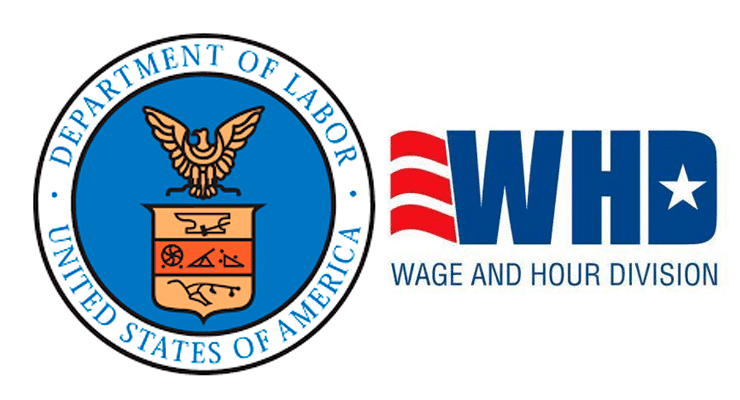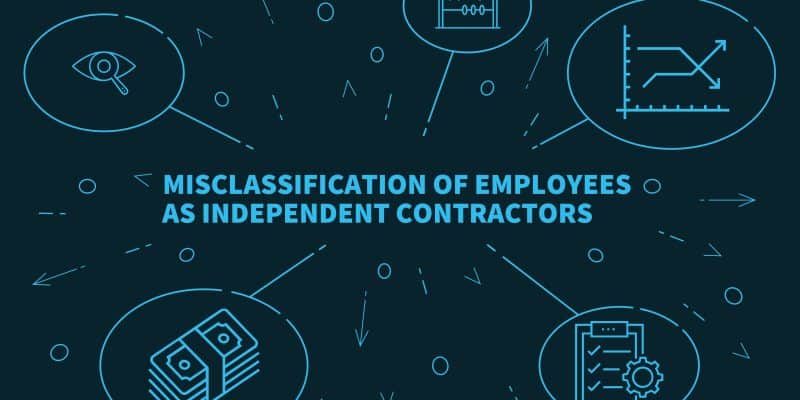Agency: Wage and Hour Division
Date: April 22, 2024
Release Number: 24-608-NAT
Employers also liable for $95K in penalties for overtime, minimum wage violations
PHOENIX – The U.S. Department of Labor announced today that efforts to protect residential construction workers from unlawful pay practices have recovered a total of $3.2 million in wages and damages from four Arizona contractors for 890 workers.
After a series of investigations, the department’s Wage and Hour Division determined that 4-E Painting LLC and Liberty Constructors LLC in Mesa and BCK Coatings Inc. and Geronimo Wall Systems LLC in Tempe willfully and recklessly shortchanged the affected workers and violated the overtime and minimum wage provisions of the Fair Labor Standards Act.
The division’s investigations found:
- 4-E Painting LLC did not pay overtime wages when the employer paid employees piece-rate wages for painting work or a combination of hourly wages and piece-rate wages. The division determined 4-E Painting owed $432,633 in overtime wages and an equal amount in liquidated damages to 158 workers. The department also assessed $24,732 in penalties.
- Liberty Constructors LLC denied employees required overtime pay and tried to conceal its violations by falsely showing a higher hourly rate or fewer hours worked on payroll records. The division found the contractor owes $401,049 in unpaid wages and $401,049 in liquidated damages to 100 employees. The department also assessed $17,900 in civil penalties.
- Geronimo Wall Systems LLC denied overtime pay to 195 employees for hours over 40 in a workweek. The lath, stucco, siding and stone contractor misclassified many of the employees as independent contractors. The division determined the employer owes $443,115 in overtime wages and $443,115 in damages to 195 employees, and the department assessed $22,770 in civil money penalties.
- BCK Coatings Inc. failed to pay required overtime wages for hours over 40 in a workweek. The apartment remodeling contractor misclassified employees as independent contractors, made improper deductions of up to $20 per week from employees’ pay, required workers to cash their paychecks at a check-cashing business that charged a fee and failed to pay one employee for eight weeks of work. The investigation found BCK owes $360,000 in unpaid minimum and overtime wages and an equal amount in liquidated damages to 437 employees. The department also assessed $30,000 in penalties for the employer’s willful violations.
“Our investigators have found that schemes to pay straight-time for all hours worked and avoid paying required overtime rates at time and one-half are pervasive among employers in Arizona’s construction industry,” said Wage and Hour Division District Director Eric Murray in Phoenix. “These unlawful practices create the false impression that piece-rate workers’ wages comply with the Fair Labor Standards Act when, in fact, these employees are being stripped of their earned wages. The Wage and Hour Division is committed to holding employers accountable and ensuring that they do not obtain an unfair competitive advantage by denying workers their full wages.”










